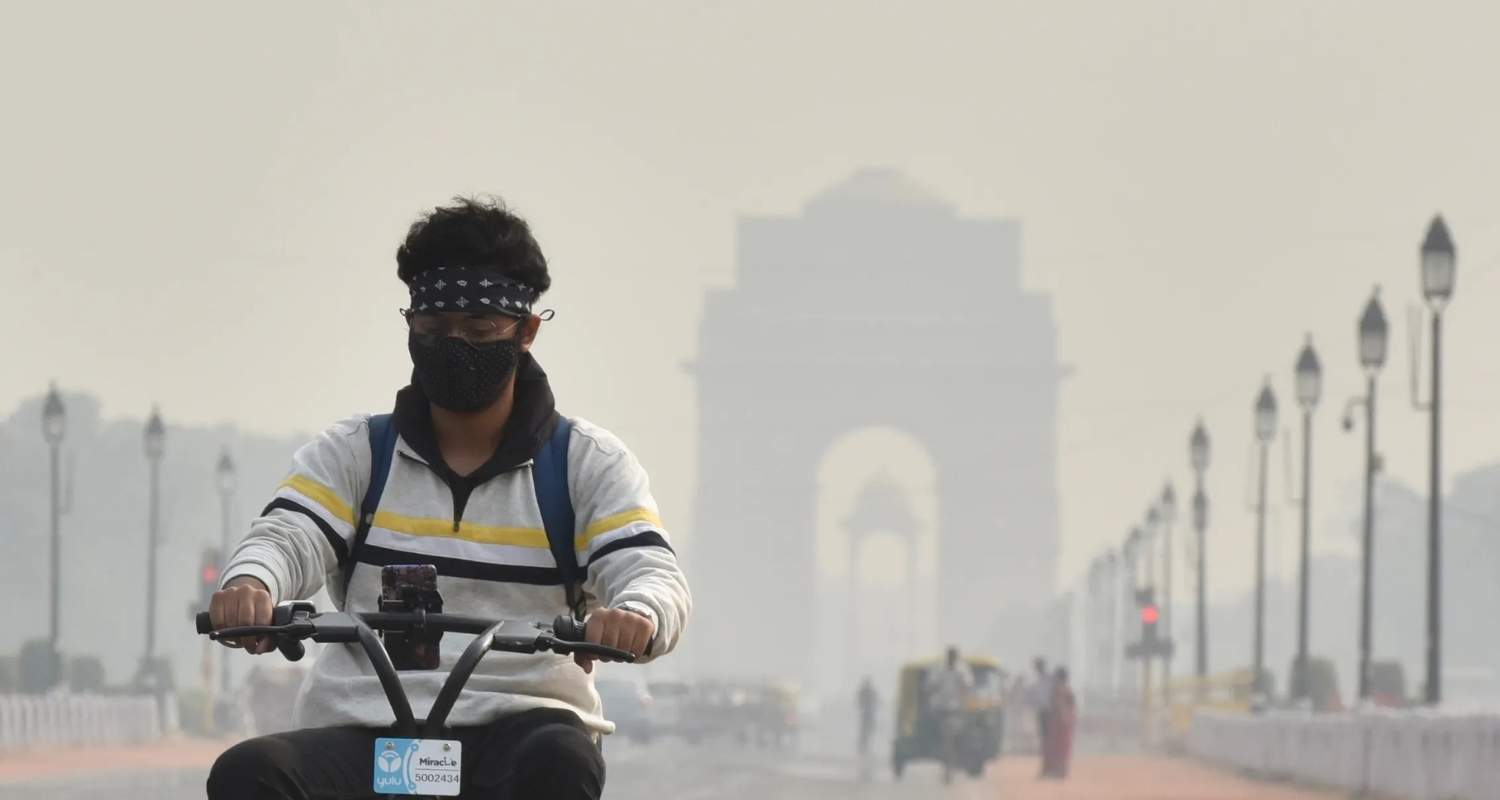The Supreme Court permitted significant revisions to the Graded Response Action Plan (GRAP) for the National Capital Region, incorporating short-term measures proposed by the Commission for Air Quality Management (CAQM) to address Delhi’s recurring winter air pollution crisis.
Under the revised framework, stricter restrictions will be triggered at lower pollution thresholds. Measures previously reserved for Stage 4 (when the Air Quality Index exceeds 450) will now apply from Stage 3 (AQI 401–450), Stage 3 restrictions will kick in at Stage 2 (AQI 301–400), and Stage 2 directives will be enforced as early as Stage 1 (AQI 201–300).
“We are of the view that any proactive action in reducing air pollution would always be welcome. We expect the CAQM, while taking such action, to consult all stakeholders,” observed a bench comprising Chief Justice of India Bhushan R. Gavai and Justice K. Vinod Chandran.

The bench also directed the CAQM to consider instructing schools across Delhi-NCR to postpone all open-air sports competitions scheduled for November and December to “safer months” in light of prevailing air pollution levels, as reported.
The CAQM’s note, submitted to the court, outlined both short-term and long-term measures focusing primarily on office operations, staffing levels, and power supply. When GRAP Stage 3 is activated, governments in Delhi-NCR will be required to decide whether public, municipal, and private offices may operate at only 50 per cent on-site strength, with a similar decision required for central government offices.
A CAQM official clarified that this provision remains advisory rather than mandatory.
Additionally, the commission proposed shifting the introduction of staggered office timings for all public offices from Stage 3 to Stage 2.
Under the revised plan, NCR states will be directed to ensure uninterrupted power supply to discourage reliance on diesel generator sets, augment public transport by deploying additional CNG and electric buses, reduce traffic congestion at intersections, and launch public awareness campaigns on pollution dos and don’ts through advertisements.
A CAQM official stated that the Supreme Court’s order on GRAP would be thoroughly reviewed and the necessary directions implemented. “We will accordingly revise GRAP in the coming days,” the official added.
Sunil Dahiya, founder and lead analyst at the think-tank Envirocatalysts, welcomed the proactive steps, including the shifting of GRAP stages, as urgently needed. He noted that the CAQM’s submission to the Supreme Court also emphasised capping coal combustion and restricting high-emitting private vehicles. “What is interesting to see is that CAQM has been asked to consult all stakeholders while deciding on curbs for emission reduction, which includes the citizens, so key would be to see citizen participation in key decisions on air pollution and emission reduction, and how can that be ensured while also hearing other stakeholders from power, automobile or other industries,” Dahiya said.
During the hearing, senior advocate Aprajita Singh, assisting the court as amicus curiae, highlighted the lack of adequate progress on pollution control. She drew attention to the vulnerability of children, stating that while adults remain indoors with air purifiers, children are made to train and compete in what she described as an open “gas chamber”. “Children are most vulnerable. Holding sports now is like putting them in gas chambers,” she told the court, according to reports.
Also Read: Delhi air quality ‘severe’ as mercury dips to 9.7 degrees Celsius
“We request CAQM to take this into consideration and issue necessary directions to shift such sport competition to safer months,” Chief Justice Gavai responded.
In a subsequent statement, the CAQM said that, in light of the Supreme Court’s observations, it had convened a consultative meeting with representatives from the Department of School Education and Literacy (Ministry of Education), NCR state governments, the Sports Authority of India, and NCR State Pollution Control Boards to assess current air quality trends and deliberate on measures to protect children’s health.
“In compliance with the observations made by the SC....the CAQM has written to the governments of NCT of Delhi, Haryana, Rajasthan and Uttar Pradesh to take immediate and appropriate action to ensure that physical sport competitions scheduled in the months of November and December may be postponed, keeping in view the air quality trends prevailing in the area where such events are scheduled to be organised,” the commission stated.
Also Read: Delhi's coldest Nov day in 3 yrs amid ‘very poor’ air quality



